Brea: The innovative app that accompanies breast cancer patients
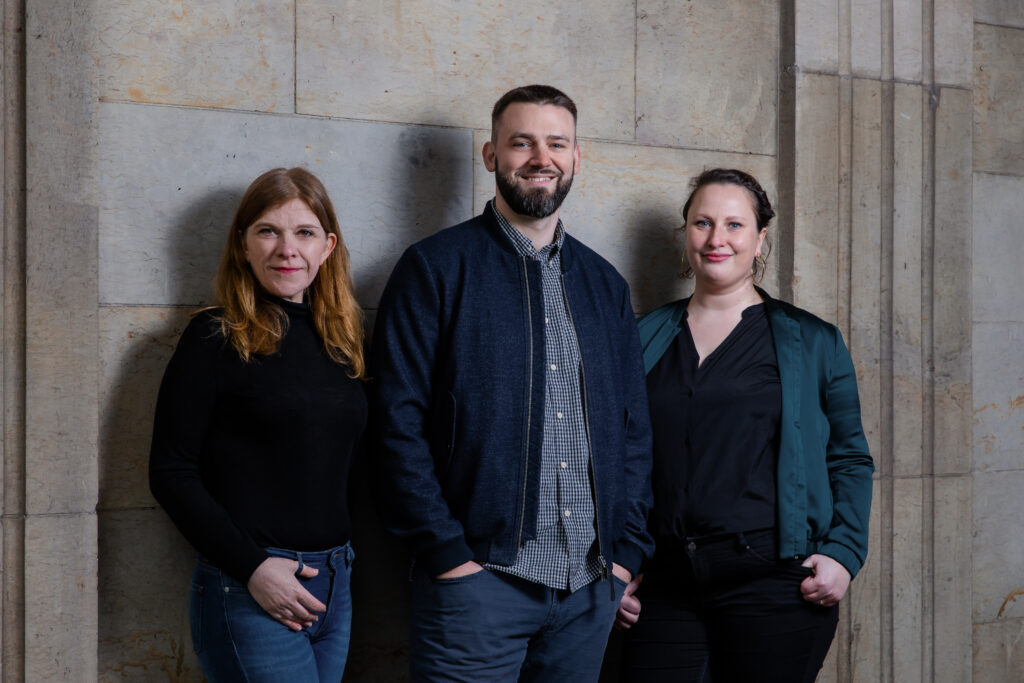
Jessica Biastoch is the Founder and CEO of Brea, a mobile app for people suffering from breast cancer. Jessica has two co-founders, her partner in life, Daniel Marschner, and her good friend Sarah Gràinne Jankowski. Their team is devoted to relieving those affected by breast cancer during the entire phase of the disease. Jessica and her team are working together with medical specialists and is planning the launch of the app for the coming year of 2022.
In this article, Jessica shared with Female Founder Space her personal battle against breast cancer, the story behind the Brea app, the challenges that she has faced as a female entrepreneur and the lessons that she has learned along the way.
Our mission is to support and empower patients suffering from breast cancer and their loved ones in a holistic and sustainable way.
What is the story behind Brea?
In 2018, I was diagnosed with a very aggressive kind of breast cancer. It was a kind of banner year. A few weeks after my 29th birthday, the diagnosis turned everything upside down. While other friends around me were planning their careers and/or starting families, celebrating weddings, and going on vacations, I was suddenly faced with my own mortality. Why I was worried about my own health, the number of doctor visits put me under immense stress. The search for helpful, relevant information is difficult. In addition to that, I felt overwhelmed by having to juggle appointments, medication and filling out forms to request reimbursements.
I quickly felt overwhelmed and noticed through conversations with others at the same time that I was not alone. Other breast cancer patients whom I met during the therapy period also reported similar stress levels in a sense of feeling overwhelmed. I quickly recognized the need for an easy-to-use, yet comprehensive and, above all, worthwhile solution. The idea for Brea was born.
The motivation behind the app is to help other sufferers, to support and relieve them, and to offer meaningful accompaniment to conventional therapeutic approaches.
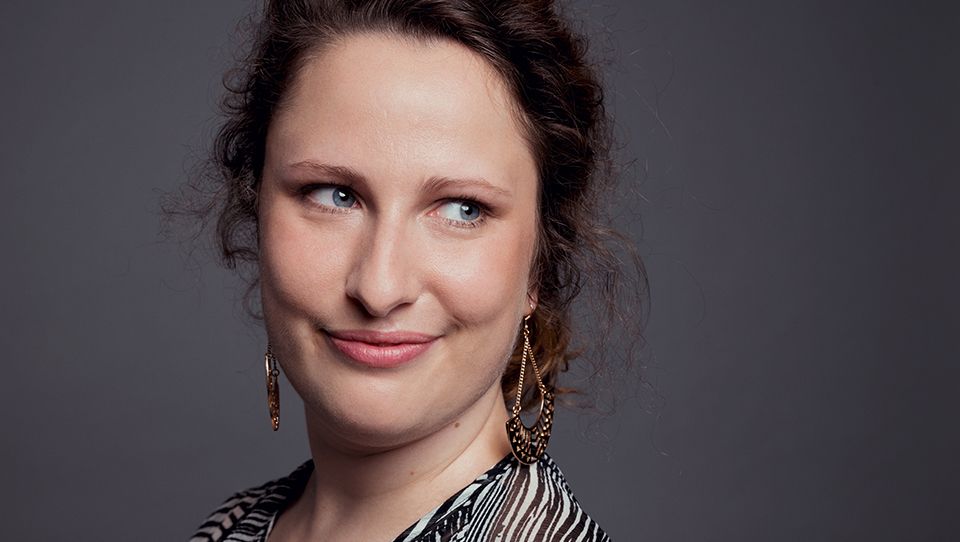
What was the factor that made you realize that an app, like Brea, was missing from the German market?
In recent years, a number of apps with an oncological focus have come into the market in Germany. I also started to use one or the other, but none of them supported me during my illness as I would have liked. The clinical aesthetics and sobriety put me off. In addition, the offered apps were not aimed specifically at breast cancer patients and I received very generic information and also information that overwhelmed me or made me feel insecure.
Another aim we are focussing on is that we want to empower Breast cancer patients while dealing with their diagnosis and therapy. In doing so, the users increase their own health literacy and thus, get to know and understand their disease and their body better and to use the health offers they are entitled to. The further advantage that arises from this is that the patient regains more control and the feeling of powerlessness can be counteracted. This was one part I was missing all the time.
One more major factor was the current COVID-19 pandemic. The pandemic made it clear that we have to re-invent, transform and re-organize the existing healthcare system. There is no doubt that the pandemic has given digitalization in the health sector a lasting boost. Especially in times like these, it is really important to care for the patient sustainably. Support without any hurdles is the most important thing here.
How does the Brea app work?
Brea is an interactive, mobile app for people suffering from breast cancer, which comprehensively and sustainably accompanies, supports and relieves those affected during the entire phase of the disease, i.e. from diagnosis to treatment and therapy to aftercare and also includes relatives. Brea relies on organization and documentation, check-up and monitoring, mental health and information about breast cancer.
At Brea, the focus is on those affected. Our app includes all genders. All the features offered by the mobile app add value for the user and correspond to evidence-based, scientific findings. Brea is to be understood as a supplement to conventional therapy. The mobile app offers different coping strategies that relieve and support those affected, as well as strengthen and build up mentally.
What is the mission of Brea and what positive change does it strive to bring?
Our mission is to support and empower patients suffering from breast cancer and their loved ones in a holistic and sustainable way – before, during, and after their therapy.
Patients are confronted with an overload of information and overwhelmed by bureaucracy, dealing with hair loss, pain, fatigue and battling with the feeling to lose their identity, loss of body functionality, low self-esteem and the overall fear of death. Brea provides and offers various approaches to support solving these problems and all in one app.
What are your next steps with the Brea App?
Our next steps are the technical implementation of our product, and we are striving for the CE certification which we need to become a medical device. We want to expand our Advisory Board over the next few months and add more medical experts.
Also, we want to set up a patient board to underline our patient-centric approach. Another important step towards realization will be to find a suitable investor who will help us realize our vision of supporting breast cancer sufferers in the long term.

Fake News and disinformation about breast cancer is all around the internet. How important is it for you and Brea to fight this phenomenon? How important is raising awareness about breast cancer?
This is an absolutely important topic for us. That is why we want to work with oncologists from the start. Our aim is to offer our users well-founded and patient-friendly content tailored to the disease of breast cancer.
That is the reason why it is so important to strengthen users own health literacy and understanding of their own body and diagnosis.
Your partner, Daniel, is not only by your side on a personal level, but also on a professional level as the co-founder of Brea. How do you manage the entrepreneurial lifestyle as a couple? Does it get too much sometimes?
I can consider myself lucky to have Daniel by my side for almost half of my life. We have been a couple and a well-coordinated team for more than 14 years. The idea of founding together has been floating in our head for a long time, but we never dared to take the step. When I came up with the idea of Brea in 2018, Daniel wasn’t really excited about it, because of several reasons.
The whole therapy demanded a lot. But the idea didn’t go out of my head, and I knew from the start – I want Daniel by my side on this trip. With a little distance to therapy, I was able to convince Daniel. So we began to get into the matter more and more.
However, it was also clear to us that we had to draw a line between my job and our private life. In most of the moments we do this very well, but of course, there are exceptions. I can tell there are moments when we both get on each other’s nerves, and it’s okay that we have these moments. I am a person who needs freedom, and Daniel also takes his time off when he needs it.
We also got help in the form of team coaching, which helped us a lot already. We have learned to pay more attention to our communication. Furthermore, we want to include this type of support in the future as well.
Become a Member
What have you learned from your greatest flops and the greatest difficulties that you have faced so far?
I am a very critical person and my own greatest critic. In the last few months, I have learned to go easier on myself. Making mistakes is human. We also had people who didn’t believe the product could be financed.
We took these opinions to heart and thought about how to address their criticism, but we never doubted our idea. However, we all did not allow ourselves to be dissuaded from realizing our aim with Brea to offer comprehensive support to breast cancer patients before, during after the therapy. We have a clear goal in mind.
Which was the most rewarding moment since you became an entrepreneur, and what was the most challenging one?
There were, in fact, a bunch of wonderful moments. We have been conducting in-depth interviews with those affected since the beginning of the year. To feel how you can inspire people with your idea and seeing how many others are affected by breast cancer, either with their own diagnosis or that o a loved one, has confirmed to me that our path is the right one and our work is so important.
The biggest obstacles for us were and are indeed the bureaucratic ones. It was important to us from the beginning to implement everything in such a way that nothing stands in the way of CE certification.
Here we are mainly talking about financial obstacles. All expenses are currently being paid by the three of us out of our own pockets. This is challenging in some moments when the next bill comes in, but our thoughts are always on the big picture. The start-up industry is fast-moving and more and more new products are coming onto the market, so time is also a big factor and a big challenge.
With everything going on we of course have to also focus on our own health because at the end of the day that will always be the most important thing. The key is to juggle all of this different challenges without getting burnt out. All three of us take good care of ourselves here. I am more than grateful to have Sarah and Daniel by my side.
What are the daily challenges you face as a female entrepreneur? How important is it that you overcome these challenges with your partner by your side?
We are a founding team of two women and one man. We have already had a few situations where it became clear that the main focus was immediately on Daniel, and we were only perceived as an addition.
A further challenge that we often had to face was that the legitimacy behind our idea and our product was actually questioned. Sarah and I were asked in a conversation by a potential investor whether Brea was just a nice hobby or should actually run into an ongoing business with sales.
Another tip we’ve been given is to think more like a man when it comes to finances. To achieve something, we would have to exaggerate the numbers. Women are too modest and realistic that we have to put that aside as soon as possible if we really want to reach something. These situations were definitely not nice, and I think we will encounter a few more unpleasant situations in the future, but all three of us are very clear about our position within the company.
We all keep our backs free and not only with Daniel support but also with Sarah we will overcome these situations.
What tips would you give to any woman who wants to become an entrepreneur?
Dare to take the step out of the familiar and into the unknown. Leaving the secure job behind and realizing yourself is a step that is scary, but every day fills me with uncanny pride in myself and my co-founders. Just do it and let the thoughts “what if'” not rule your life. Trusting yourself and standing behind your own idea and vision is incredibly liberating, and it has been the best decision for me. It is not always easy and of course, there is a fear of failure, and this justified fear can be paralyzing.
However, I see it as our societies’ duty to normalize the issue of failure as part of every life and not to stigmatize it. Another important point is to have the courage to ask for help or support. A good and well-thought-out team of founders is absolutely fundamental here. As well, quitting the job is one thing, but the daily costs continue, and you have to find financing early on. Sarah and I worked as freelancers for a long time.
When we decided to do Brea full time, we tried to get a scholarship to cover all running costs. We were sponsored by the Berlin Senate (SIB) for a total of six months. Afterwards, we also arranged follow-up funding and continued to work freelance in between.
What would you say to any woman who is fighting breast cancer?

Breast cancer was one of the most dramatic experiences for me and my family. All I can say is that the fight was worth it. My path was rocky and lined with insecurities, sadness and frustration on my own body. Why me? Why have I suffered so many setbacks in terms of health since birth? The pride that flows through your veins after the end of the therapy is indescribable.
When you are done with chemotherapy, surgery, and radiation you are realized the strength and resilience of the human body and that it is an incredible feeling. Believe in yourself and do not let the many obstacles put you off the path to get well again. I also think it’s important to tell everyone that it’s okay to have bad days and to allow them to happen. Every day, year, or decade more is worth it!
Another piece of advice I have, if you have any questions, ask them. Don’t be ashamed if you don’t understand what your doctor is telling you. Get a second opinion when your gut feeling tells you something is wrong.
If you wanna read about Jessica Biastoch and the Brea App check out their website. For more inspiring stories, check our Online Magazine out and let us know what you think. Become a member of our female entrepreneurs’ community and academy and try it for 7 days for free.
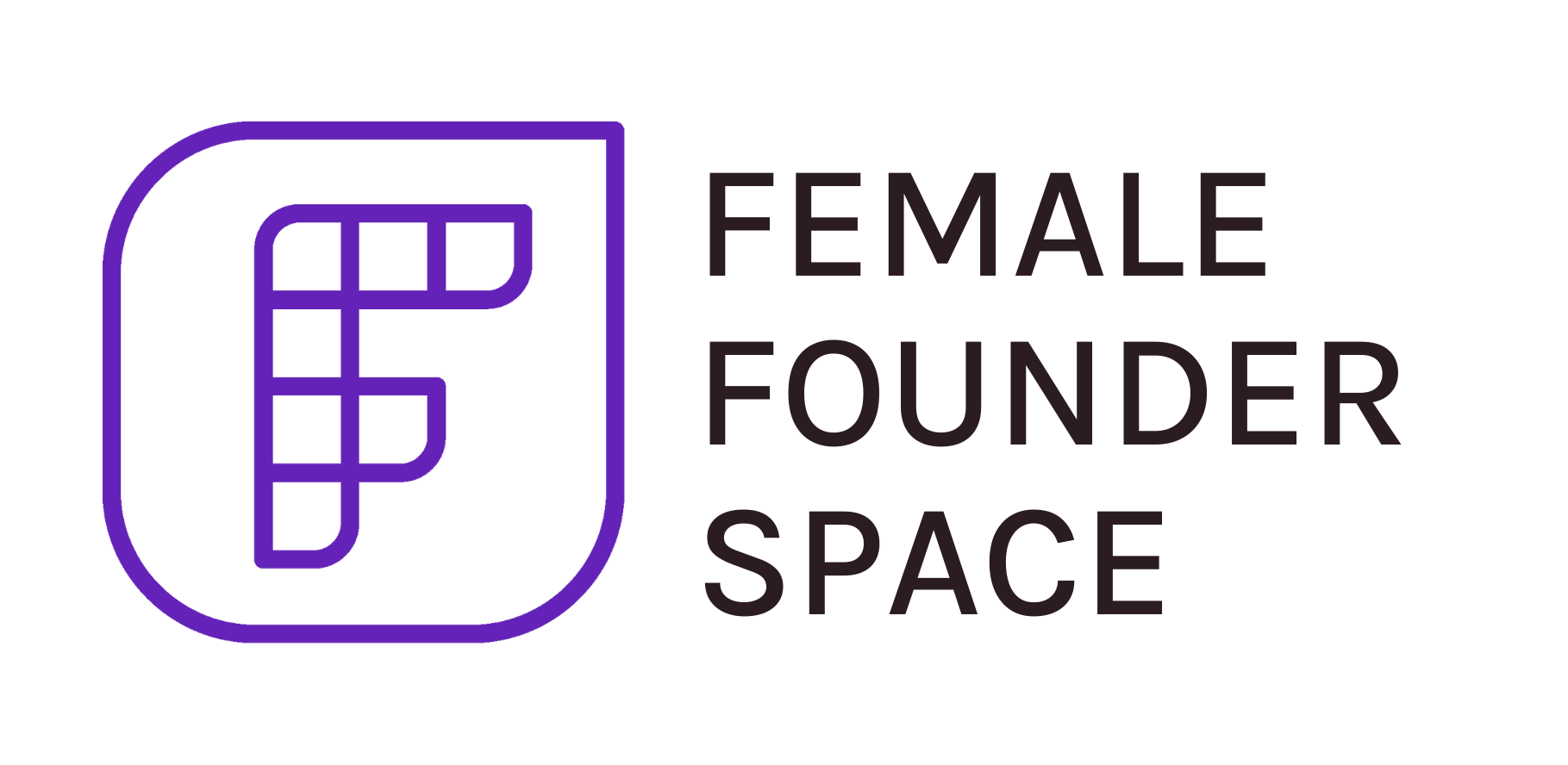
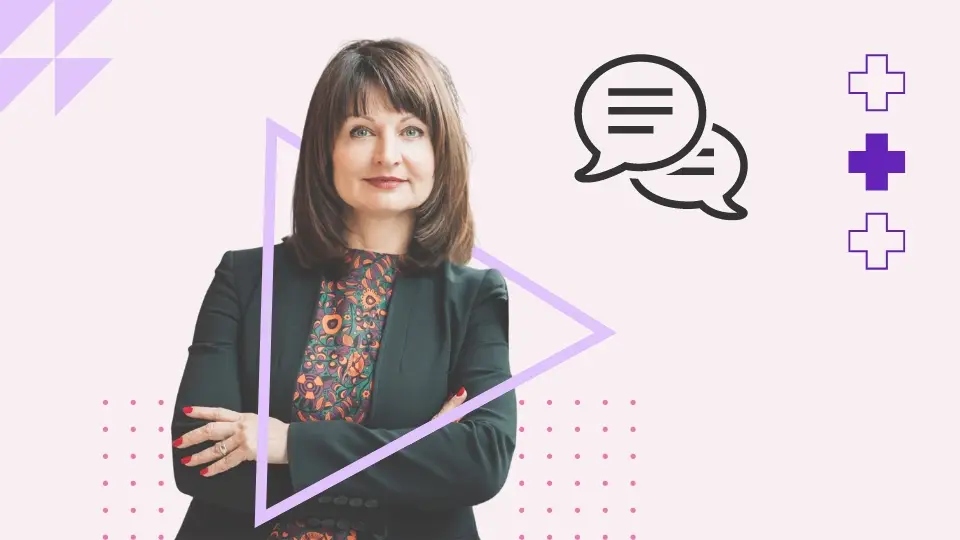
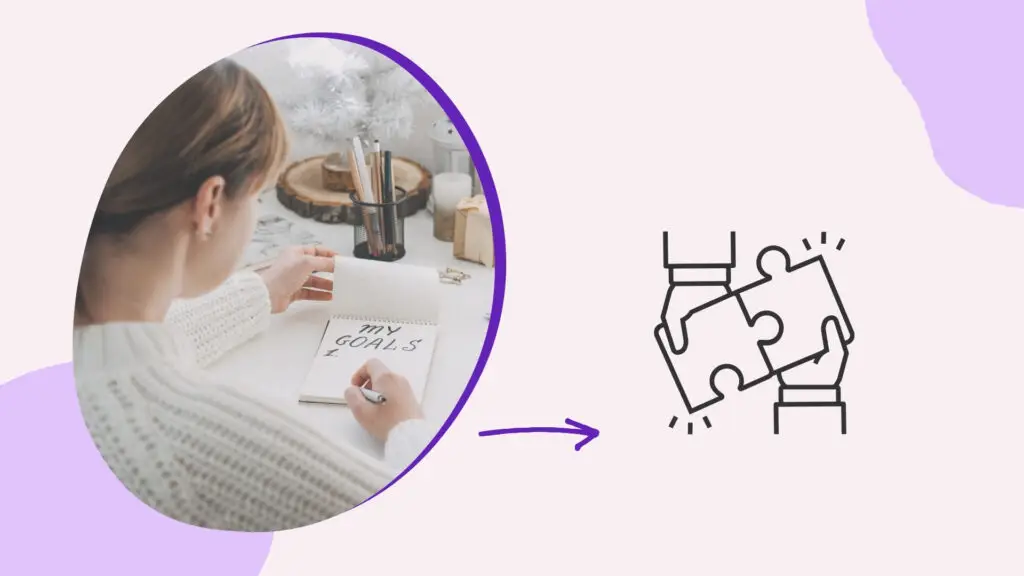
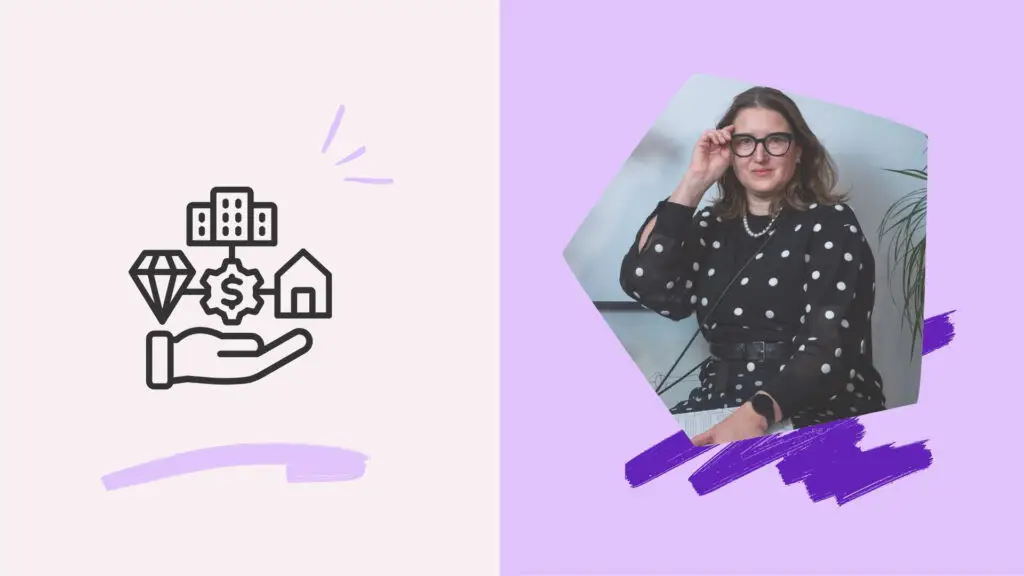
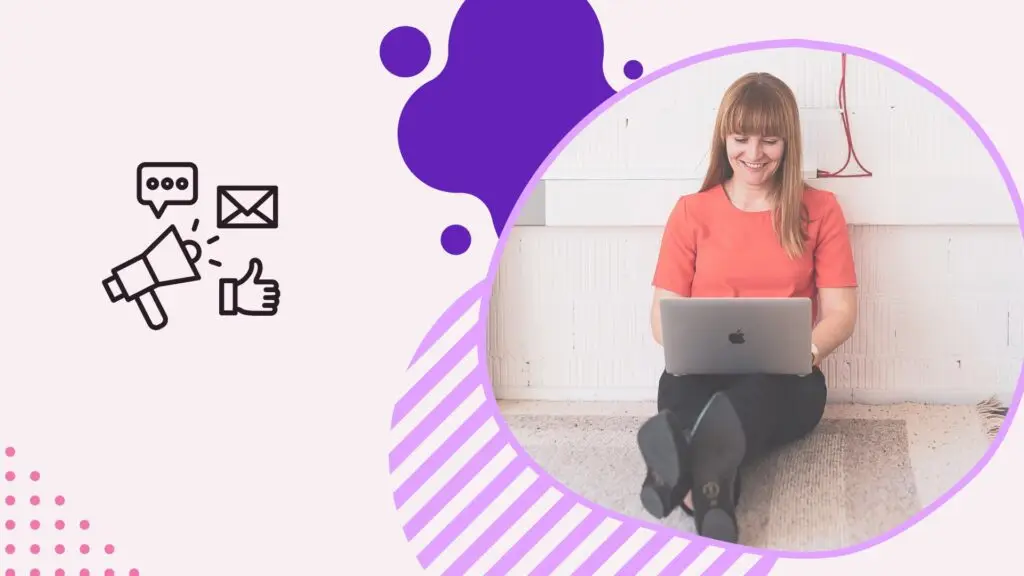
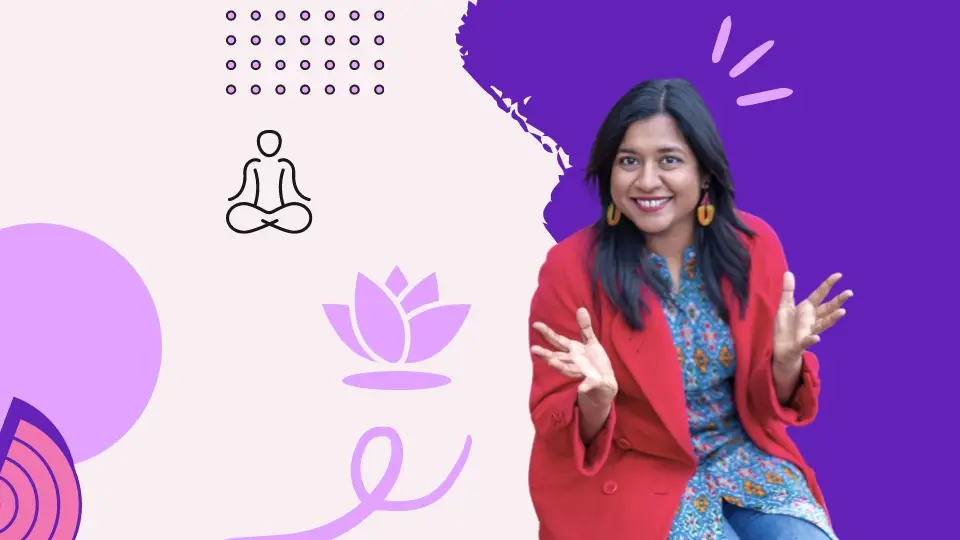
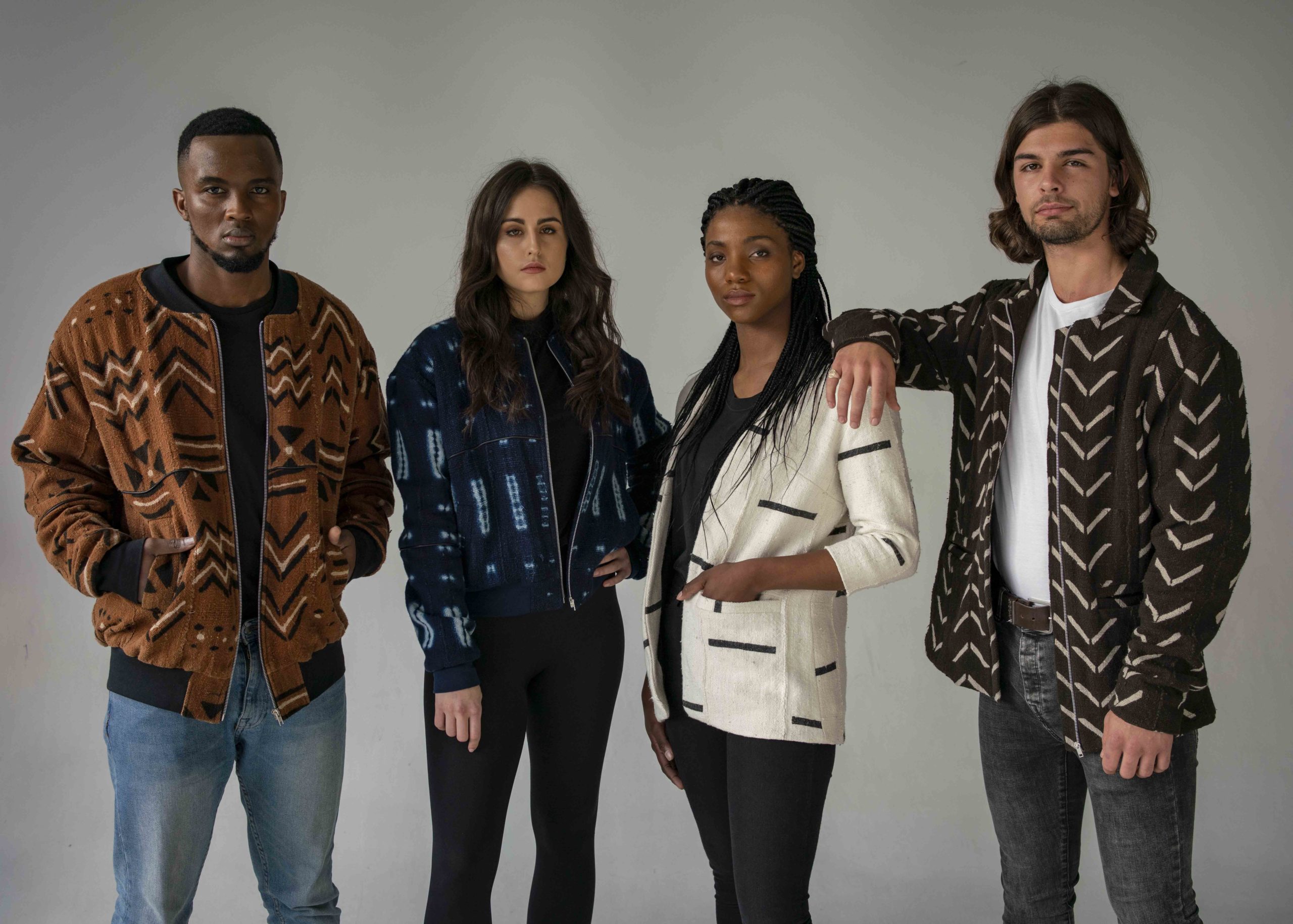
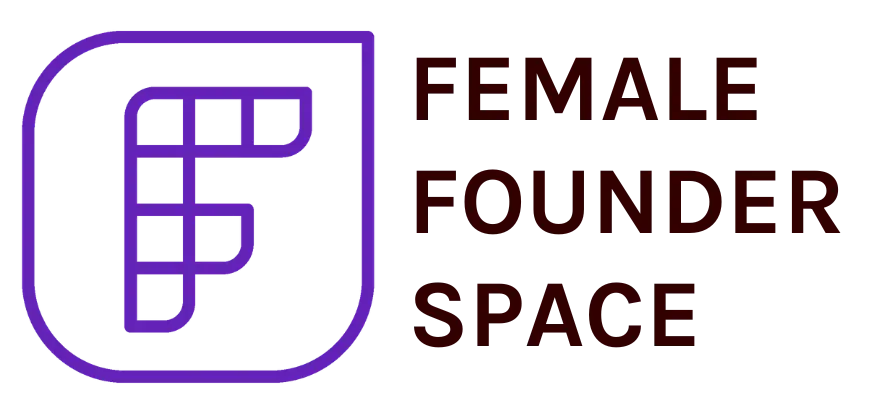
Responses